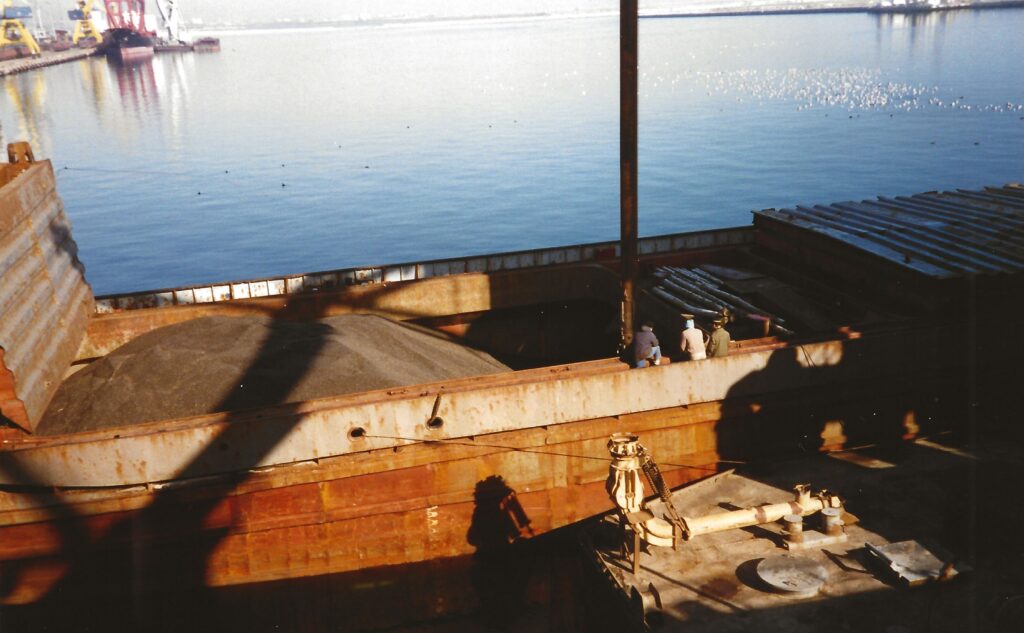
The inter-related nature of world trade is often mentioned when things go wrong. For instance when in 2021 EVER GIVEN became wedged in the Suez Canal, there were significant knock-on effects felt worldwide.
The current conflict in the Ukraine is another example. A substantial amount of grain including sunflower seeds, maize and wheat comes out of Black Sea ports. Currently a number of vessels are stranded in Ukraine ports unable to leave and caught in the conflict. The disruption to the world food supply is becoming widely known.

As an example of the consequences, take a look at the supermarket shelves for cooking oil next time you shop. It appears that sunflower oil is becoming difficult to get hold of. Instead the shelves might carry non-specific vegetable oil which may contain rapeseed oil. Fields of yellow oilseed rape plants used to be a common sight in the UK, but in recent years less acreage has been devoted to this crop because of a ban on neonicotinoid pesticides implicated in causing problems for bees. Will we start to increase the amount of rapeseed planting? Maybe.
Another alternative is palm oils. The environmental implications of large palm plantations are frequently stated and are widely accepted, but the plant does produce a number of oils which have multiple uses. However, the Indonesian government has recently announced a ban on palm oil exports. This is reportedly being put in place to ensure that sufficient supplies of oil are available for domestic use in Indonesia.
One to watch out for may be coal. The industrial revolution was driven forward by coal, and the steam railway engines which used to power across the British landscape were raised on a diet of coal mined in these islands. Heritage railways are already reporting difficulties in operating as a consequence of the bans on imports from Russia, and are even exploring using rapeseed sourced fuel. Steel producers also require coal. Earlier this year there was a temporary ban imposed locally on the export of coal from Indonesia. Will that be repeated now other sources are under pressure because of the conflict?
A possible consequence of these supply shortages and market disruption is that avoidable shortcuts might be taken in the shipment of commodities leading to problems during carriage. The carriage of coal has a number of associated hazards – self-heating, gas evolution, fires, liquefaction. Similarly, carriage of vegetable oils can give rise to substantial claims – contamination, admixture, overheating and oxidation, water damage and increase in free fatty acids.